2011 Ford Transit Connect Brake Rotors and Pads
Click here to search another vehicle
All Rotors:
OEM x
Coated x
Drilled, Slotted and Coated x
Front x
Rear x
All Pads:
Ceramic x
Semi-metallic x
Front x
Rear x
Found 6 record
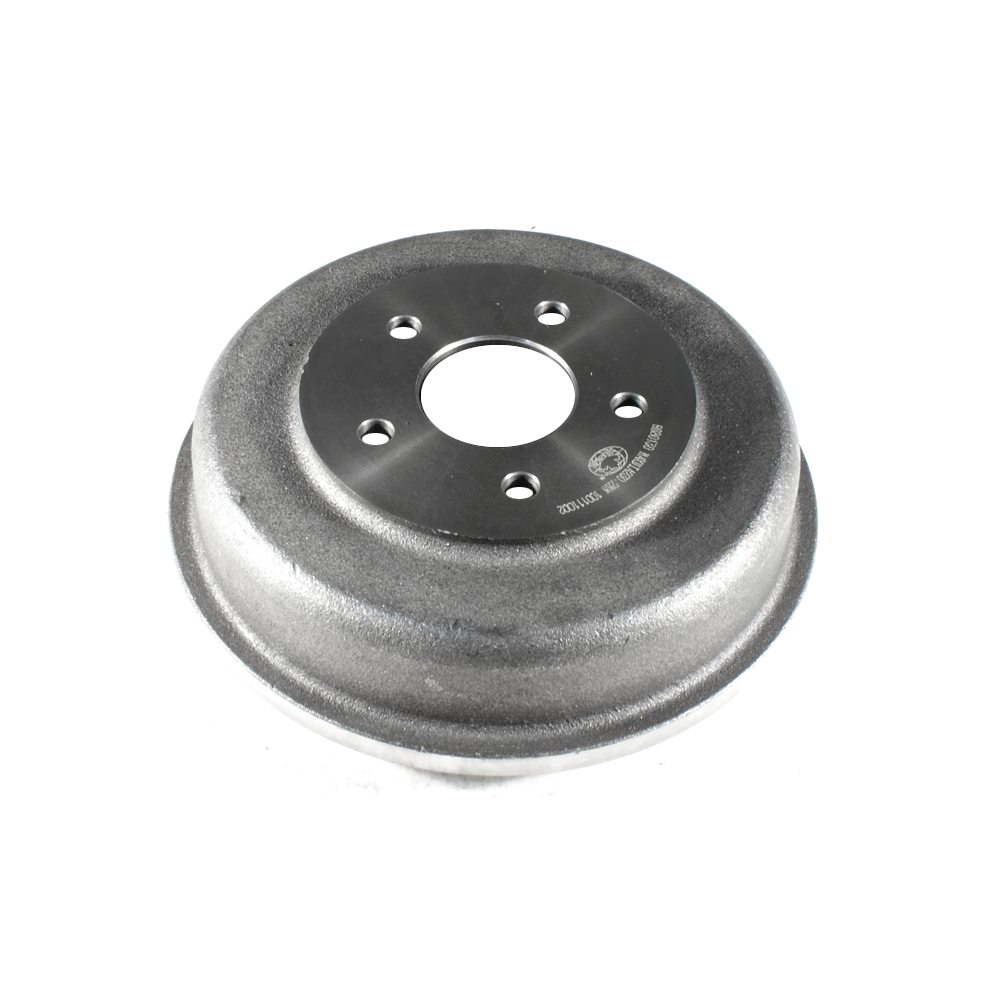
Part No: BD80130
Raybestos: 97804
OE:
Raybestos: 97804
OE:
$58.01 each
Per Car QTY: 2
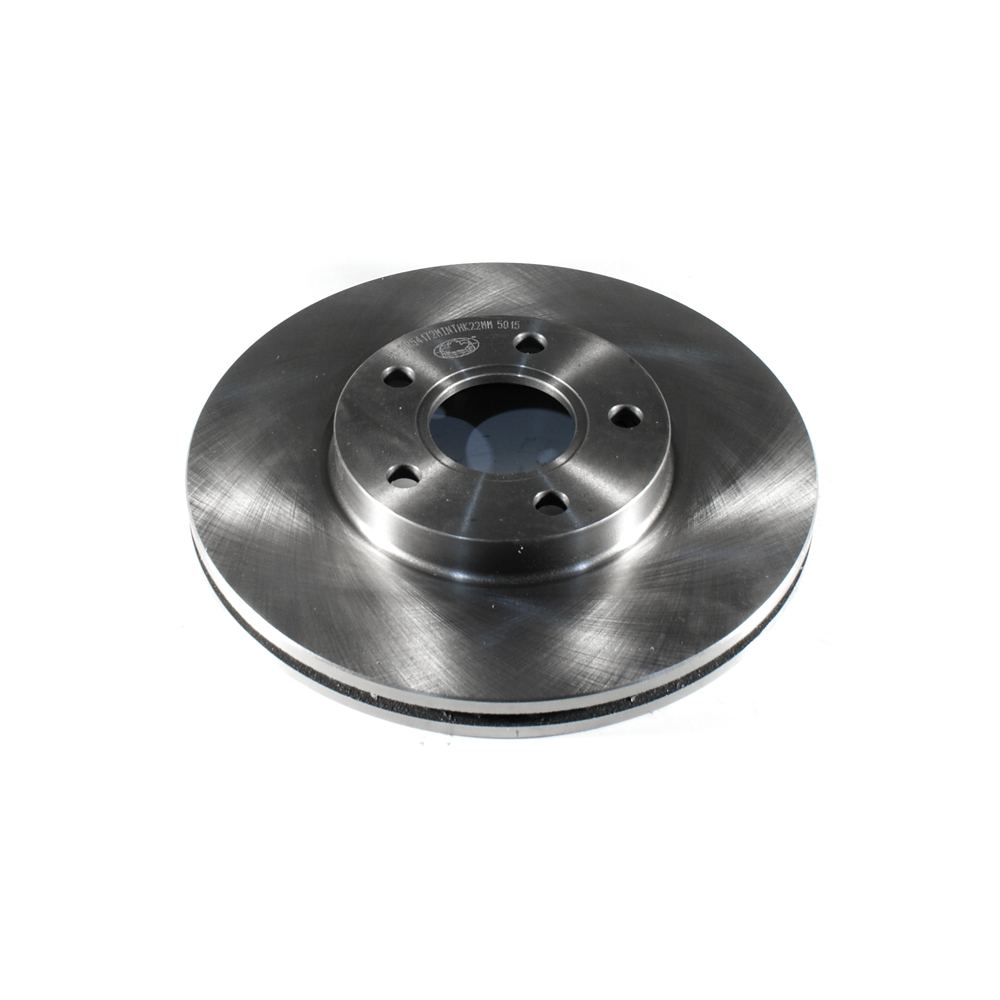
Part No: BR54172
Raybestos: 680765
OE:
Raybestos: 680765
OE:
$38.88 each
Per Car QTY: 2
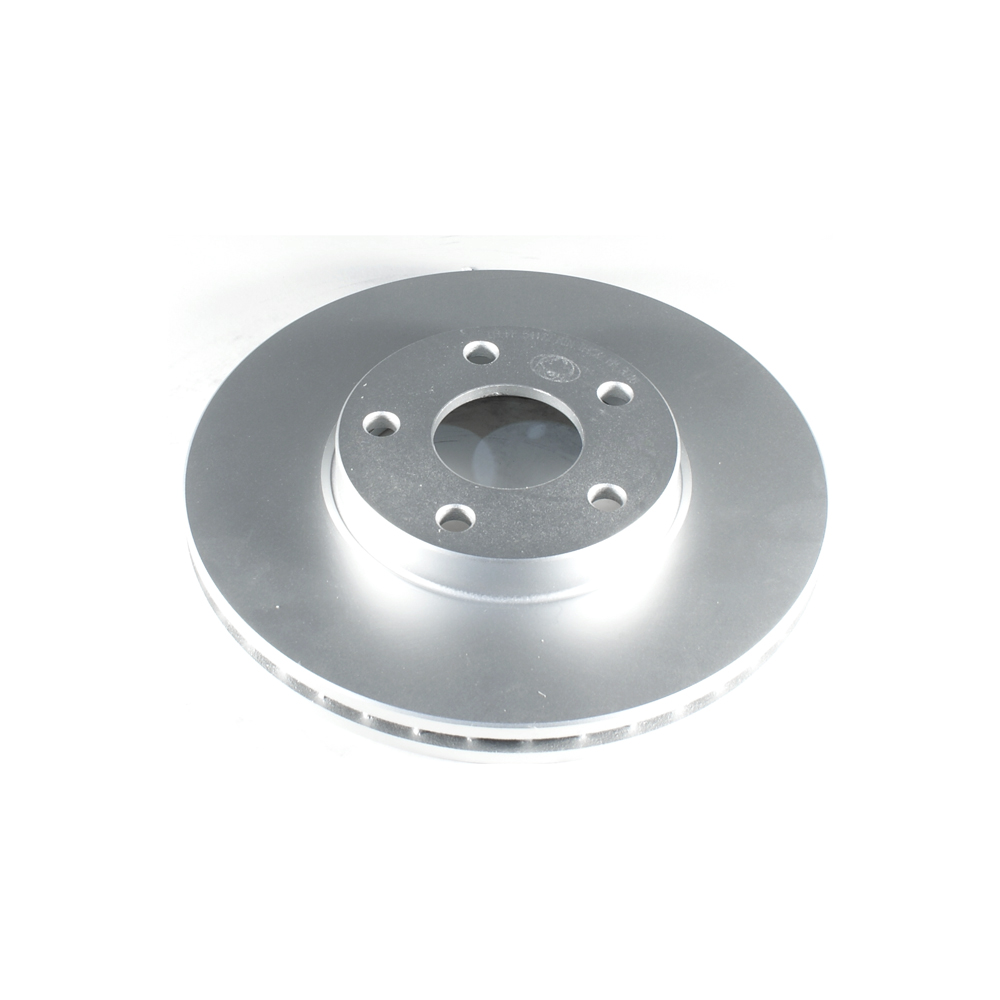
Part No: PP54172
Raybestos: 680765
OE:
Raybestos: 680765
OE:
$52.25 each
Per Car QTY: 2
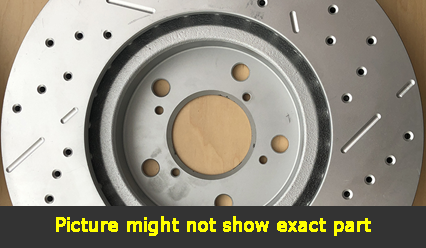
Part No: SP54172L
Raybestos: 680765
OE:
Raybestos: 680765
OE:
$84.65 each
Per Car QTY: 1
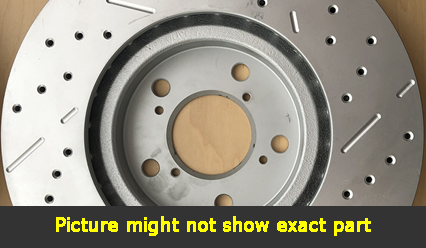
Part No: SP54172R
Raybestos: 680765
OE:
Raybestos: 680765
OE:
$84.65 each
Per Car QTY: 1
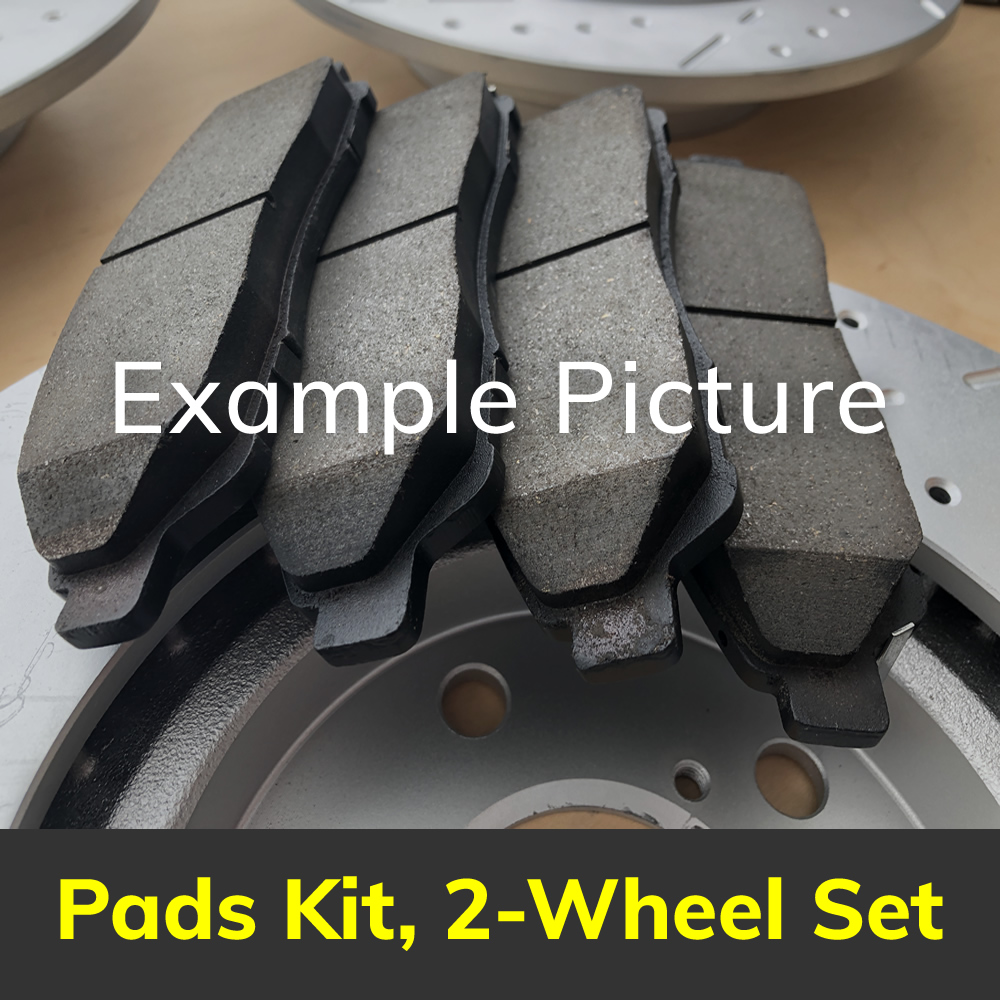
Part No: PD970C
Raybestos: 970
OE:
Raybestos: 970
OE:
$34.92 each
Per Car QTY: 1
Brakes are one of the most critical safety features of any vehicle, and the 2011 Ford Transit Connect is no exception. As a commercial vehicle, it is essential for the Transit Connect to have reliable and effective brakes to ensure the safety of both the driver and cargo.
The 2011 Ford Transit Connect comes equipped with a well-designed braking system that delivers impressive stopping power and durability. Its braking system consists of front disc brakes and rear drum brakes, which provide a perfect balance between performance and functionality.
The front disc brakes are ventilated, meaning they have internal cooling fins that help dissipate heat more efficiently, making them less prone to brake fade. This feature is particularly important for a commercial vehicle like the Transit Connect, as it often carries heavy loads and may require frequent braking, causing increased heat generation.
Additionally, the front disc brakes have an anti-lock braking system (ABS) that prevents the wheels from locking up during sudden or hard braking. ABS ensures that the driver retains steering control while maximizing braking effectiveness. This is especially beneficial in emergency situations, where the vehicle needs to come to a stop quickly to avoid a collision.
In the rear, the 2011 Transit Connect features drum brakes. Drum brakes are popular in commercial vehicles due to their durability and ability to withstand heavy use. While not as effective as disc brakes in terms of cooling and immediate stopping power, drum brakes provide excellent durability and are less prone to damage from dirt, water, or debris.
To enhance overall braking performance and stability, the 2011 Ford Transit Connect is equipped with electronic brake-force distribution (EBD). EBD automatically adjusts the amount of braking force applied to each wheel based on various factors such as vehicle load and road conditions. This helps distribute the braking force evenly across all wheels, improving stability and reducing the risk of wheel lock-up.
Routine brake maintenance is essential to ensure optimal braking performance and safety. It is recommended to have the brakes inspected at regular intervals, including checking the brake pads, rotors, drums, and fluid levels. If any signs of wear or deterioration are identified, timely replacement or repairs should be done to maintain the braking system's efficiency.
In conclusion, the 2011 Ford Transit Connect is equipped with a well-designed braking system that combines front disc brakes with ventilated rotors, rear drum brakes, and advanced features like ABS and EBD. These components work together to provide reliable stopping power, improved stability, and enhanced safety for both the driver and cargo. Proper brake maintenance and periodic inspections are crucial to ensure the continued efficiency and performance of the braking system.
The 2011 Ford Transit Connect comes equipped with a well-designed braking system that delivers impressive stopping power and durability. Its braking system consists of front disc brakes and rear drum brakes, which provide a perfect balance between performance and functionality.
The front disc brakes are ventilated, meaning they have internal cooling fins that help dissipate heat more efficiently, making them less prone to brake fade. This feature is particularly important for a commercial vehicle like the Transit Connect, as it often carries heavy loads and may require frequent braking, causing increased heat generation.
Additionally, the front disc brakes have an anti-lock braking system (ABS) that prevents the wheels from locking up during sudden or hard braking. ABS ensures that the driver retains steering control while maximizing braking effectiveness. This is especially beneficial in emergency situations, where the vehicle needs to come to a stop quickly to avoid a collision.
In the rear, the 2011 Transit Connect features drum brakes. Drum brakes are popular in commercial vehicles due to their durability and ability to withstand heavy use. While not as effective as disc brakes in terms of cooling and immediate stopping power, drum brakes provide excellent durability and are less prone to damage from dirt, water, or debris.
To enhance overall braking performance and stability, the 2011 Ford Transit Connect is equipped with electronic brake-force distribution (EBD). EBD automatically adjusts the amount of braking force applied to each wheel based on various factors such as vehicle load and road conditions. This helps distribute the braking force evenly across all wheels, improving stability and reducing the risk of wheel lock-up.
Routine brake maintenance is essential to ensure optimal braking performance and safety. It is recommended to have the brakes inspected at regular intervals, including checking the brake pads, rotors, drums, and fluid levels. If any signs of wear or deterioration are identified, timely replacement or repairs should be done to maintain the braking system's efficiency.
In conclusion, the 2011 Ford Transit Connect is equipped with a well-designed braking system that combines front disc brakes with ventilated rotors, rear drum brakes, and advanced features like ABS and EBD. These components work together to provide reliable stopping power, improved stability, and enhanced safety for both the driver and cargo. Proper brake maintenance and periodic inspections are crucial to ensure the continued efficiency and performance of the braking system.


